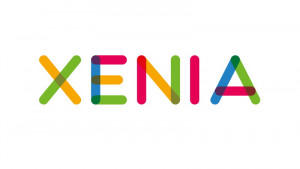 The International Day Against Homophobia, Lesbian, Biphobia and Transphobia (or IDAHOBIT, an acronym for International Day Against Homophobia, Biphobia and Transphobia) is an event recognized by the European Union and the United Nations that has been celebrated since 2004, on May 17 of each year.
The International Day Against Homophobia, Lesbian, Biphobia and Transphobia (or IDAHOBIT, an acronym for International Day Against Homophobia, Biphobia and Transphobia) is an event recognized by the European Union and the United Nations that has been celebrated since 2004, on May 17 of each year.
The objective of the day is to promote and coordinate international awareness and prevention events to combat the phenomenon of homophobia-bi-transphobia.
May 17 is a highly significant date for the LGBT+ community, because on May 17, 1990 the WHO (World Health Organization) removed homosexuality from the list of mental illnesses in the International Classification of Diseases. Thirty years after this day, the Xenia Erasmus+ project has carried out a social awareness campaign, asking individuals, associations and organizations that want to support the fight against homophobia-bi-transphobia to share a photo or video on their social channels with the hashtag #XENIAagainstHomoBiTransphobia.
It has been a great success for XENIA, reaching about 1.800 people on Facebook in a week, with more than ten countries participating. Vladimir Luxuria, the first transsexual woman to be a member of the parliament of a European state, also joined the social campaign promoted by the Xenia project. Her video has reached about 11.000 people.
XENIA is implemented by a Consortium of 7 Partners from 5 European countries: Italy, Ireland, Slovenia, Greece – DAISSy Research Group of the Hellenic Open University (HOU) – and Spain.
The project will develop an innovative and integrated tool that will support European Higher Education Institutions -HEIs- in evaluating the actual level of inclusiveness of their environment and in identifying any efforts that can be placed to best address the needs of sexual and gender marginalized groups and ensure the protection of their fundamental rights and academic opportunities.
For more information regarding XENIA project and/or more news of the DAISSy Research Group:
- Website : http://daissy.eap.gr
- Facebook : @DAISSyResearchGroup, @XENIA Erasmus+ Project #XENIA #socialinclusion #genderequality
- Linkedin : https://www.linkedin.com/in/daissyresearchgroup/
- Twitter : https://twitter.com/daissy_research
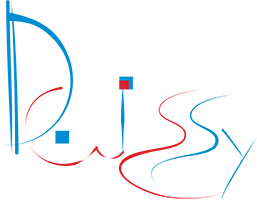

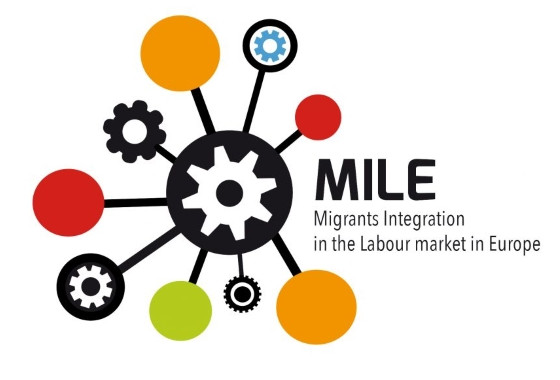
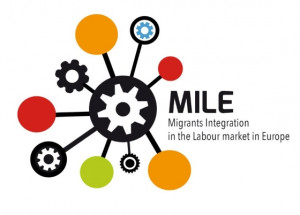 Με την ολοκλήρωση της
Με την ολοκλήρωση της 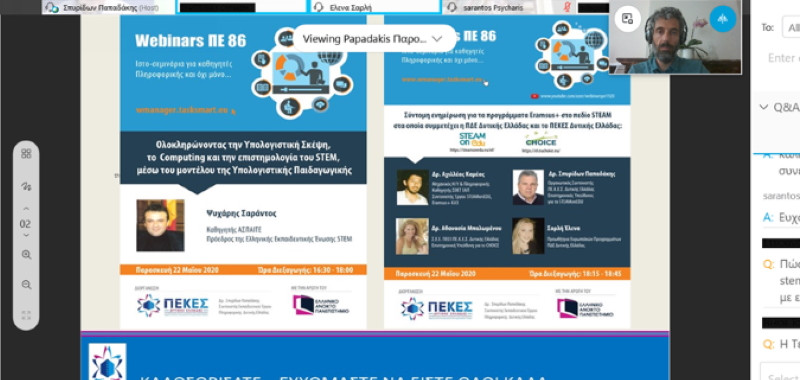
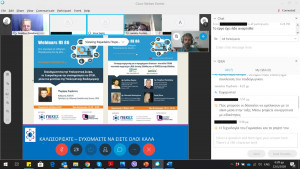
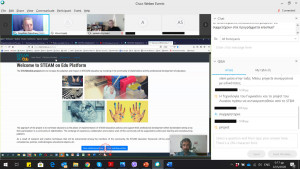
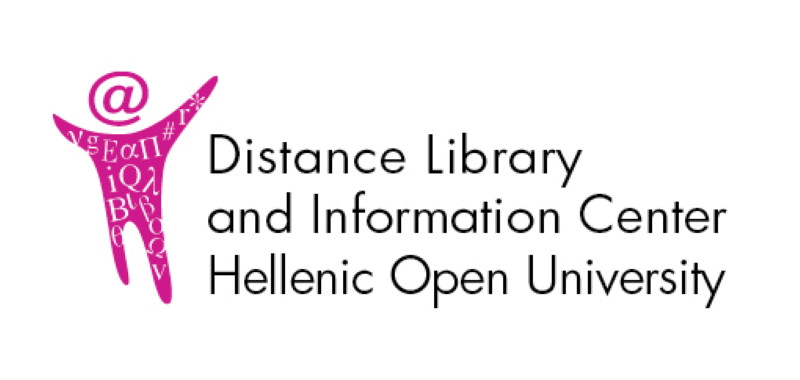
 DAISSy Research Group of the Hellenic Open University (HOU) (
DAISSy Research Group of the Hellenic Open University (HOU) (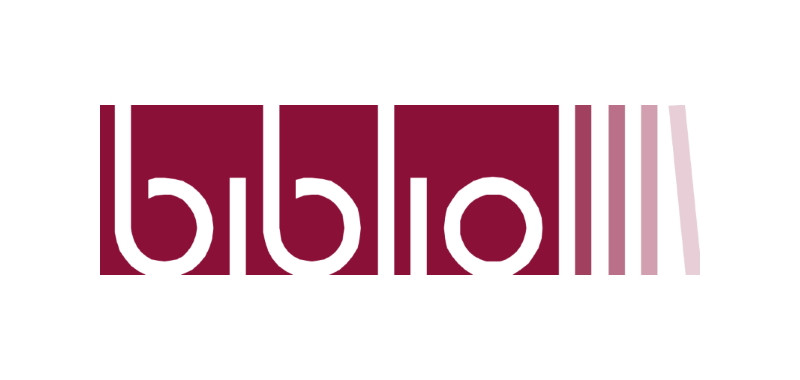
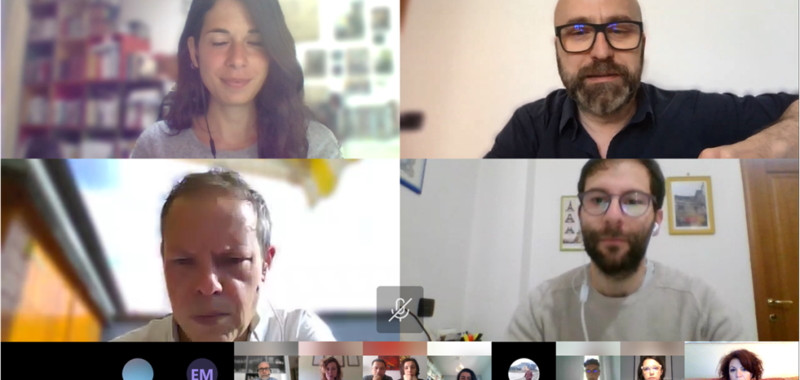
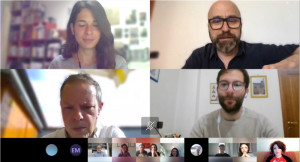
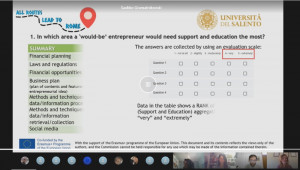
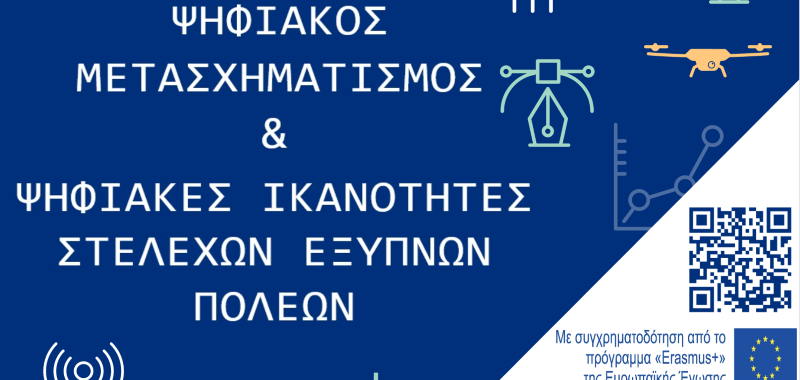
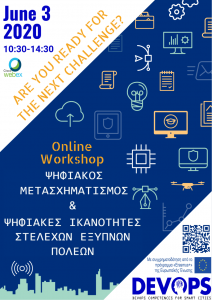 Με ιδιαίτερη χαρά σας προσκαλούμε στο online workshop με τίτλο
Με ιδιαίτερη χαρά σας προσκαλούμε στο online workshop με τίτλο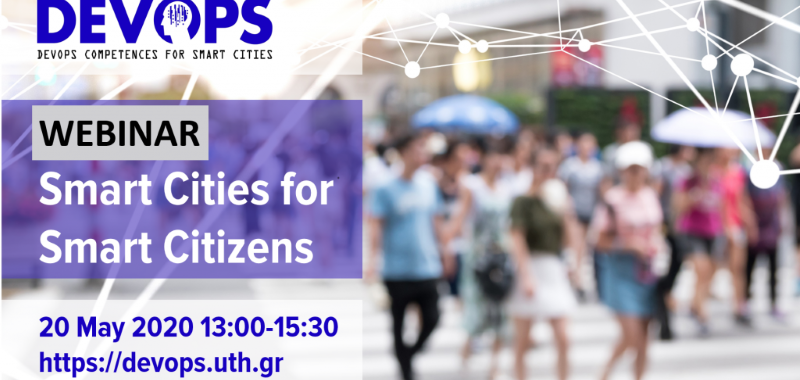
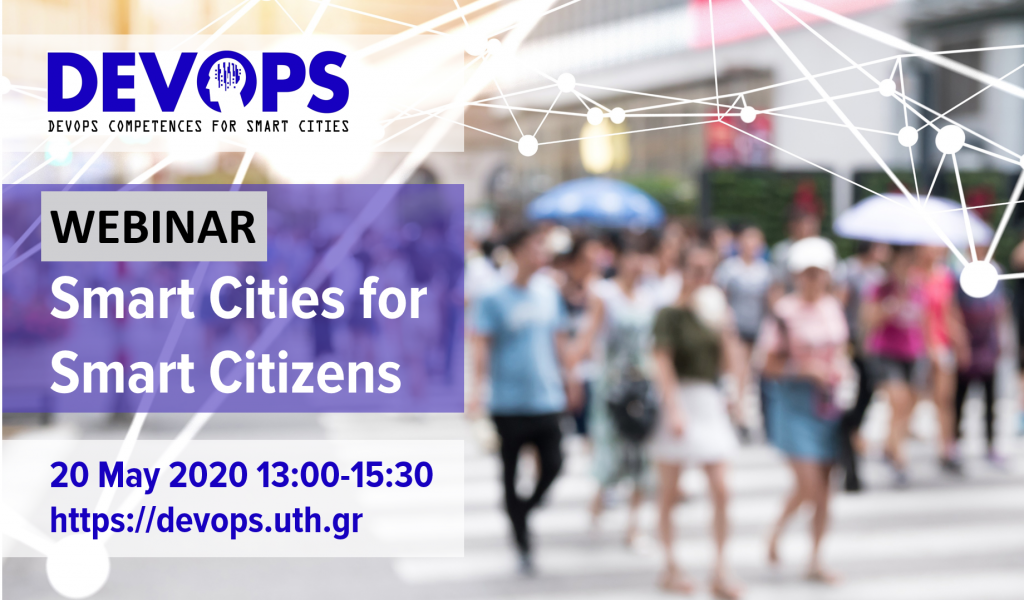 Theme: Smart Cities, DevOps
Theme: Smart Cities, DevOps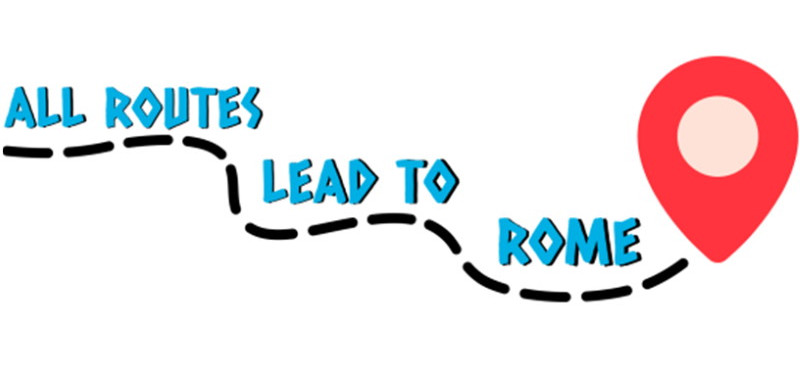

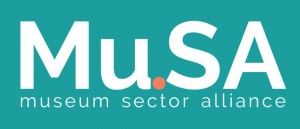 Εκ μέρους της ερευνητικής ομάδας
Εκ μέρους της ερευνητικής ομάδας